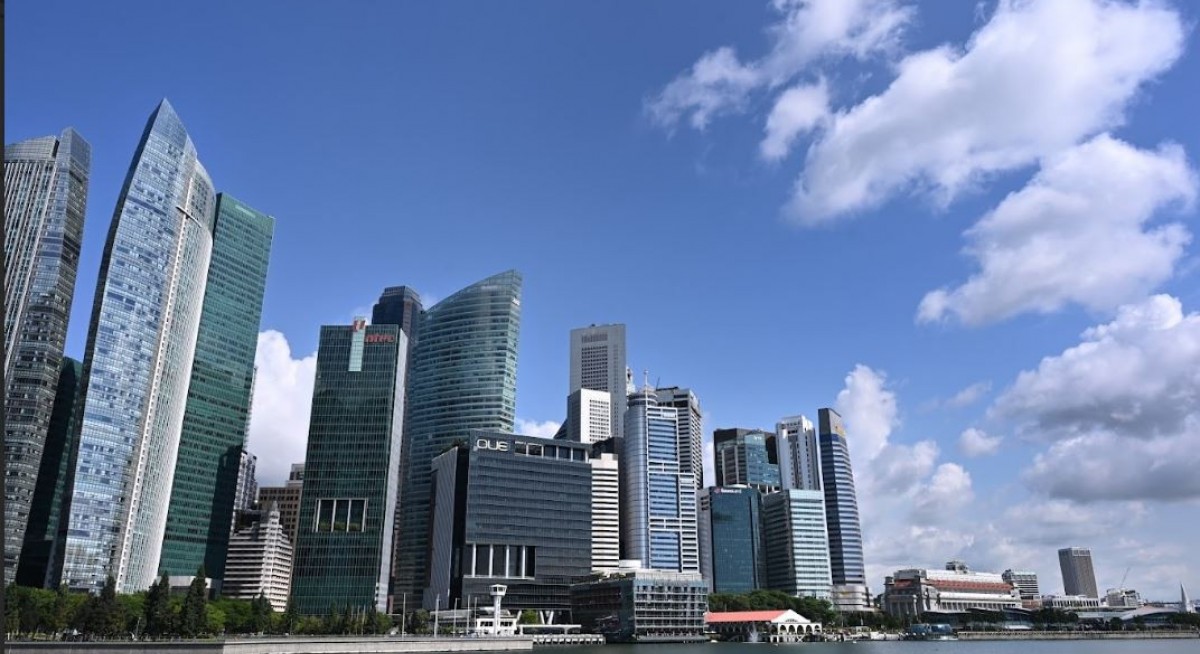In contrast, volumes in Hong Kong dropped by 45% y-o-y in 2Q2025 to US$0.9 billion. Deal activity was at its weakest level for a half-year period since the Global Financial Crisis, MSCI's report highlights. The continued absence of capital flows from China, alongside the drag from China's economic slowdown, contributed to a broad-based decline across most sectors.
In China, volumes fell 46% y-o-y in 2Q2025 to US$4.5 billion, a reversal of the trend of stabilisation seen since the middle of last year.
Capital values across most core sectors began to recover in early 2025, but renewed uncertainty over tariffs prompted investors to adopt a more cautious, wait-and-see approach.
Industrial and office activity remained subdued, while the data centre sector showed signs of life with transactions such as GLP's acquisition of a fully-leased facility.
See also: Newport, Narra, Coastal Cabana launches reverse seasonal slowdown for new home sales in January
Asia Pacific commercial real estate investment volumes fell 19% y-o-y to US$31.8 billion in 2Q2025, as renewed macroeconomic and trade-related uncertainty tempered what was expected to be a year of broad-based recovery. According to the latest Asia Pacific Capital Trends report from MSCI, much of the slowdown was concentrated in China and Hong Kong, where deal activity slumped amid the looming onset of new tariffs.
While aggregate investment volumes declined, several bright spots emerged. Investors have returned to the office sector, particularly in South Korea and Japan, where investment rose to levels consistent with longer-term averages.
Singapore also posted a 51% increase in 2Q2025 deal volume, buoyed by strong cross-border interest in hotels and living sectors.
See also: At 14.6%, ski homes in Andermatt top price growth in the Alps: Knight Frank
Data centres remained a standout, with second quarter volumes rising more than tenfold year-over-year to US$3.5 billion, driven by major platform deals.
Benjamin Chow, head of real estate research for Asia at MSCI, says: “With the industrial sector’s streak of outperformance tapering off in recent months, investors are gradually pivoting back towards a more balanced allocation across the core sectors. But the recovery within each sector has not been widespread — the upswing has been driven primarily by markets where income growth features strongly.”
Another key trend in mid-2025 was the rebound in cross-border capital flows. Deployments into Greater China fell to a decade low, but investment grew across most of the other key markets in Asia Pacific. Cross-border investors collectively increased their acquisitions across all the main property types other than the industrial sector.
In the office sector, transaction volumes fell by 6% y-o-y in 2Q2025 to reach US$11.9 billion. However, sentiment showed signs of improvement as capital values appeared to have found a floor.
South Korea and Japan led the rebound, with investment levels broadly consistent with their long-term averages.
The industrial sector experienced a sharp 42% y-o-y decline in volumes during the second quarter, totaling US$5.7 billion. This downturn was largely driven by tariff uncertainty, which weighed on demand after several years of resilience in the sector.
In the retail sector, activity dropped by 49% y-o- y to US$4.4 billion. Among the major markets, Australia stood out as the only one to record a solid recovery, supported by higher yields and improving consumer spending.




